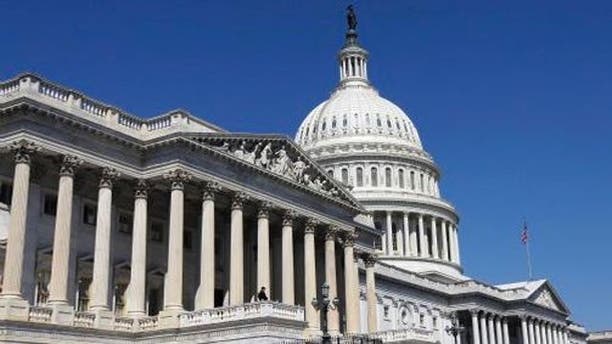 Twelve weeks from today, the US government will hit its borrowing limit. When Congress lifted the debt ceiling last month, for the first time ever, it pegged the increase to a specific date, rather than a dollar amount. The current borrowing authority expires in just 84 days, on February 7th.
Twelve weeks from today, the US government will hit its borrowing limit. When Congress lifted the debt ceiling last month, for the first time ever, it pegged the increase to a specific date, rather than a dollar amount. The current borrowing authority expires in just 84 days, on February 7th.
Three major policy challenges are converging in January. Government spending authority expires in the middle of the month, just three weeks ahead of the debt ceiling. There is also likely to be ongoing agonizing about the implementation of ObamaCare.
January 1st is the deadline for individuals to have insurance. If the website isn't fixed or if young and healthy Americans haven't yet signed up for coverage, insurers will begin panicking and ObamaCare itself could start to unravel. Millions of healthy individuals are needed in the exchanges to subsidize the costs of treating sick and elderly patients. There could be additional measures in Congress to change or delay the law.
Budget, ObamaCare and Debt. It's the ultimate three-ring DC circus. With his approval ratings exploring new lows, Obama has little political capital for leverage. He won't be able to run the tables on all three issues. He will have to give somewhere.
It may be the biggest decision of his Presidency.





